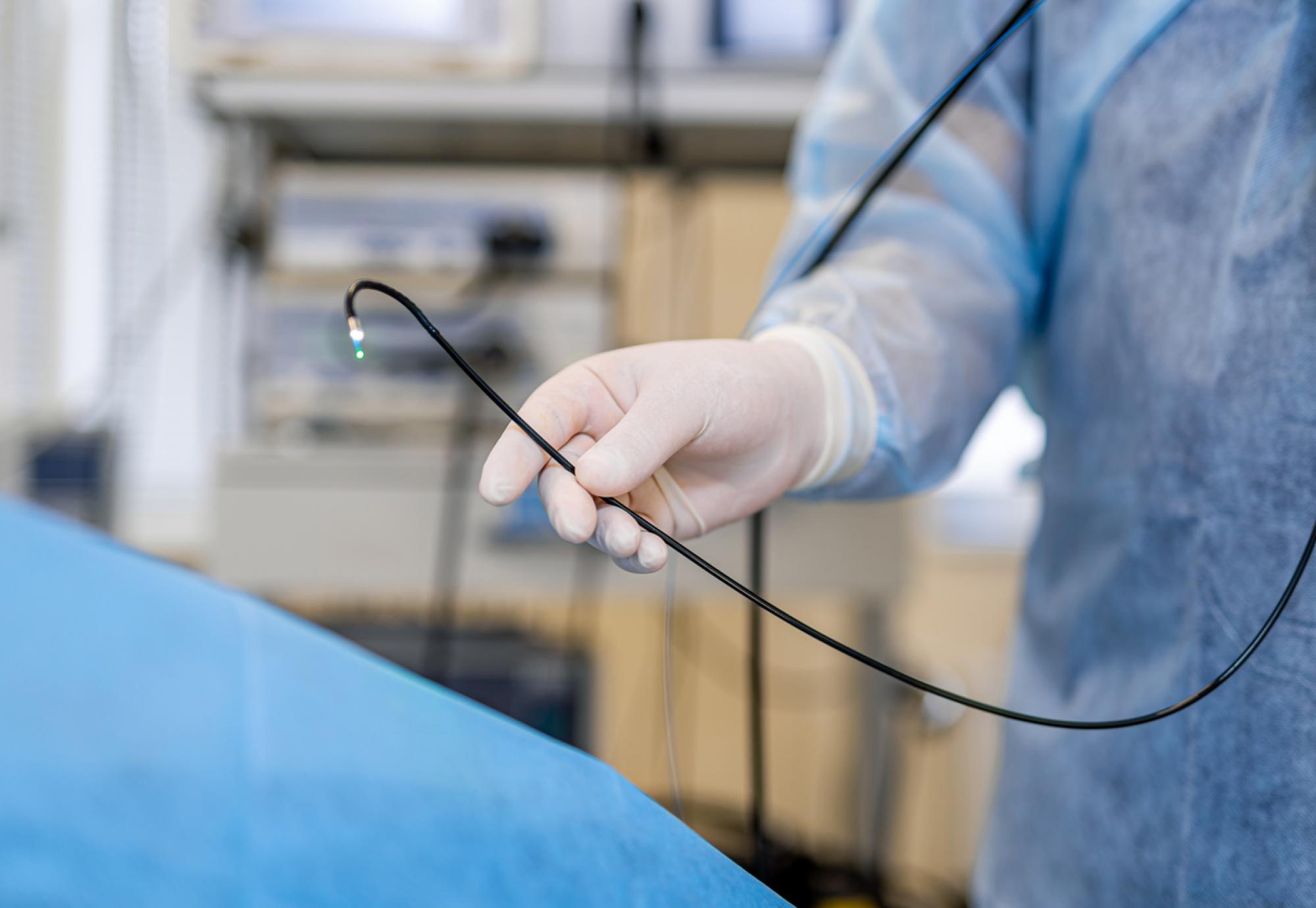NHS England (NHSE) is set to move its cancer prevention work into another gear, as it invites thousands of people with Lynch syndrome to routine screening.
Lynch syndrome is an inherited condition that can increase the risk to things like bowel, ovarian and pancreatic cancer.
Those with the condition – which includes around 10,000 on the Lynch syndrome register in England – can now benefit from bowel cancer surveillance every two years.
NHSE says that, out of every 100 people with Lynch syndrome, screening can prevent between 40 and 60 cases of bowel cancer.
With up to 175,000 thought to be unknowingly living with the disease, thousands more diagnoses could be made.

Approximately 1,100 cases of bowel cancer are down to Lynch syndrome every year in England, with the lifetime risk of developing the disease increased to around 80%.
“This is the first time any country has been able to deliver such a comprehensive joined up approach to diagnosis and early intervention for one of the most common hereditable cancer syndromes,” says Dr Robert Logan, NHSE national specialty adviser for endoscopy and bowel screening.
The NHS can diagnose Lynch syndrome through a blood test which is sequenced at a genomics lab, before being sent back to a clinician.
Being diagnosed this way can also help relatives benefit from testing too, and potentially earlier diagnosis and treatment.
Bowel Cancer UK’s chief executive, Genevieve Edwards, says the move will vastly improve the outcomes of those with Lynch syndrome.
She adds: “Those who have been diagnosed with Lynch syndrome will now have regular access to high-quality colonoscopy tests regardless of where they live in England.
“As the first country in the world to implement a programme like this we are leading the way in improving the care of people with Lynch syndrome and ultimately saving lives.”
Image credit: iStock



















